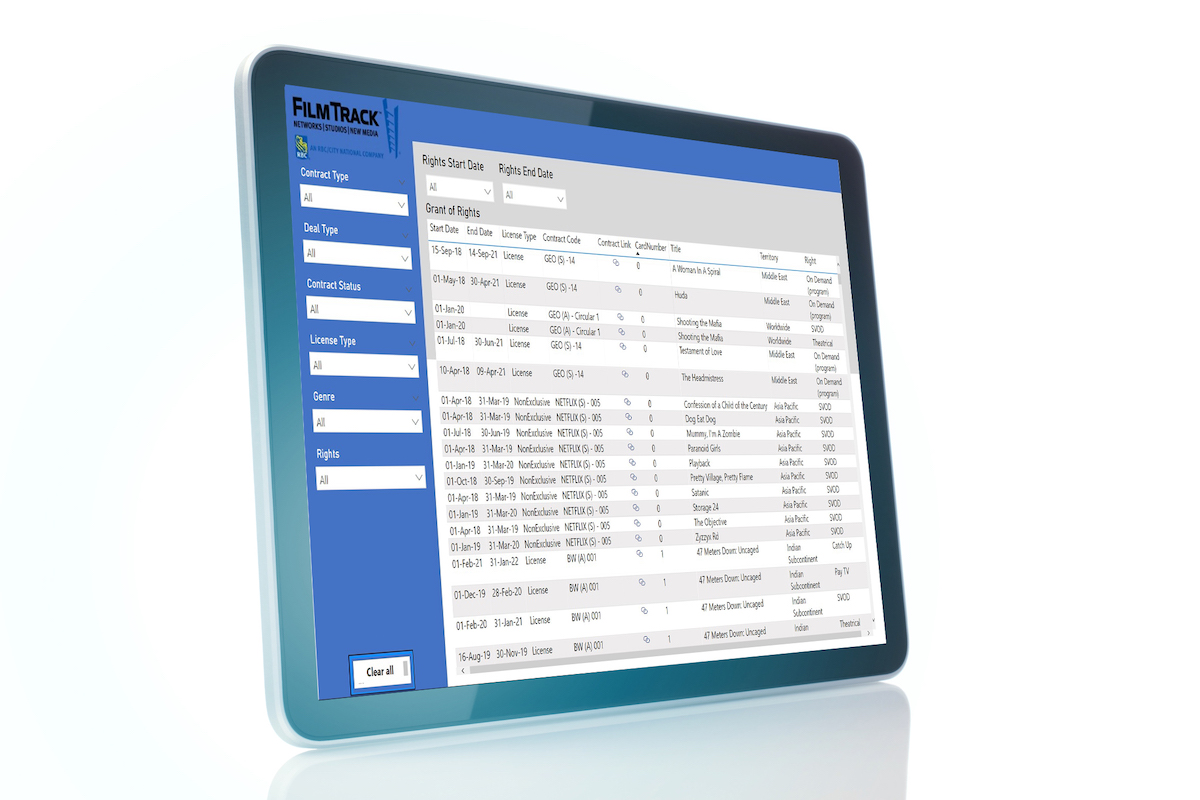In the world of business, partnerships are often the best recipe for success. Whether your business is looking to get off the ground, looking for new streams of revenue, or has hit a plateau and is looking to break through to that next level, teaming up with someone else who’s trying to do the same thing can be a win-win. One common way this is done is through brand and product licensing.
What is Brand & Product Licensing?
A licensing deal is essentially an agreement between two parties or companies to leverage each other’s assets to enhance or boost their own. In this type of contractual arrangement, Company A will agree to pay Company B an upfront fee and/or a royalty percentage of sales in exchange for the right to use their intellectual property. That intellectual property could be a brand name, logo, image, character, mascot, song, video, or technology that Company A believes will make their product more sellable.
So if Company A makes t-shirts and hats and believes they could sell a lot more of them if they could put Company B’s logo on them, they may propose a licensing deal to Company B in which they will agree to pay them in order to use their logo. In this scenario, Company A would be considered the Licensee and Company B would be the Licensor.
What are the advantages of a Licensing agreement?
Ultimately, for a licensing agreement to happen, it needs to benefit both sides in some way. So let’s look at the advantages of a licensing agreement from both sides of the deal.
Benefit for Licensor
As we mentioned above, the Licensor is the party that owns the intellectual property being licensed. So what’s in it for them? Well… potentially a lot.
Let’s use the example we just laid out and say that Company B (the Licensor) has developed a recognized and respected brand that people love. Let’s go a step further and say that it’s a popular tv show. Company B has the potential to sell a lot of merchandise, but their expertise lies in all of the aspects of creating a tv series, not in the manufacturing and distributing of physical merchandise. They don’t want to invest the time and resources it would take to build out their own manufacturing line and distribution network. It simply doesn’t make sense. Enter Company A (the Licensee).
Company A has developed a robust manufacturing business that creates high-quality textiles ranging from t-shirts and jackets to hats and backpacks. They have years of experience in their industry and have developed a massive worldwide distribution network to ensure their products end up in just about any outlet just about anywhere.
By licensing their tv show’s name, logo, and imagery to Company A to put on t-shirts, hats, and other merchandise, Company B has the potential to make a lot of money from those sales. And they get to do it without investing any time or capital into creating their own manufacturing and distribution operation.
This is a huge win for Company B.
Benefit for Licensee
Now let’s look at this licensing agreement from the perspective of Company A (the Licensee).
As we already mentioned, Company A has a well-established textile manufacturing operation with a robust distribution network. Their products can be found virtually everywhere around the world. But t-shirts and hats don’t just sell themselves, and unless you work there, you’re probably not going to buy a shirt that says “Company A Manufacturing” on it. You need a recognizable brand name, logo, or image that people see and say “I want that shirt!” Enter Company B (the Licensor).
As we also already mentioned, Company B produces a popular and well-loved tv show. By licensing the name, logo, and imagery of Company B’s tv show to put on their merchandise, Company A knows that their t-shirts and hats will practically fly off the shelves. So they agree to pay Company B an upfront fee in addition to royalties on sales. The profits from the amount of merchandise they will sell should far more than offset the fee and royalties that Company A is paying Company B.
This is a huge win for Company A.

The Pros and Cons of Licensing
So as we just illustrated, the pros of brand & product licensing are increased sales and profit for both sides if all goes as planned. But are there any cons to this type of agreement?
Potentially.
The cons to licensing deals are different depending on the particular type of intellectual property being licensed. For example, if it is a piece of technology being licensed, the Licensor could be at risk of IP theft as their technology is being exposed to a wider audience and they are not in control of how the Licensee manages that risk. Also, there is a potential danger that the Licensee could end up becoming a competitor and ultimately cannibalizing Licensor sales.
But with the type of brand licensing we described between Company A and Company B, there are a few potential cons to be aware of.
First of all, the Licensee is taking on all of the risks in this agreement, so they have to be sure they’ve done their due diligence in analyzing the sales potential. If Company A paid a hefty upfront fee to license the name and logo of Company B’s tv show and it turns out that people aren’t as interested in the branded merchandise as they thought…well… that’s not good. Especially if they don’t recoup the fee they paid to Company B.
Also, if this particular licensing deal is not exclusive, Company B could enter into similar deals with other manufacturers that may be competing in the same markets as Company A. This might not hurt Company B (the Licensor), but could be to the detriment of Company A (the Licensee).
Another potential con to a licensing deal is the possibility that it could end in litigation. This typically occurs when the Licensee refuses to validate royalty reports, so the Licensor can not verify that they are getting the royalties they are due and are forced to take legal action to conduct extensive audits.
And then of course there’s always the possibility that both brands’ reputations could be damaged if one side mismanages their responsibilities.
At the end of the day, there’s no guarantee that a licensing agreement will generate profit. A licensing deal requires thorough vetting and analysis, and ultimately… a good bit of faith and trust from both sides

Brand & Product Licensing Software
Having clear contract terms and a transparent system for implementing those terms can help maximize the pros and minimize the cons of a licensing deal.
A cloud-based solution like FilmTrack’s Brand Licensing Manager can ensure contract compliance and help make sure that the Licensor’s brand is protected by allowing them to track every detail, markup artwork, make comments, and route product and marketing submissions through configurable approval workflows.
According to InvotexIP, 86% of licensees underreport and underpay royalties to their Licensors.
FilmTrack’s Brand Licensing Manager helps eliminate this problem by automating the royalty reporting process. This lets the software do all the hard work for the Licensor so that Licensees are submitting accurately calculated and complete royalty reports, in the Licensor’s desired nomenclature, with just a few mouse clicks.
It also generates real-time analytics from a host of easy-to-read charts, graphs, and exportable reports so that Licensors can keep their finger on the pulse of their licensing agreements’ success.
(Request a demo to learn more.)
Closing The Deal
So in conclusion, we’ve seen that licensing agreements can provide huge benefits to both Licensors and Licensees, but they don’t come without some risks. If you’re a business looking to expand your reach and profitability, brand and product licensing could provide the perfect avenue to growth, but you should make sure the terms of the agreement are thorough and clear. And when it comes to guaranteeing those terms are carried out correctly, automated royalty reporting software like FilmTrack’s Brand Licensing Manager can help ensure a smooth, transparent, and hopefully profitable relationship between both parties.
Contact us to request a demo and experience how FilmTrack has the simplest and most powerful end-to-end rights management solutions in the entertainment industry.




